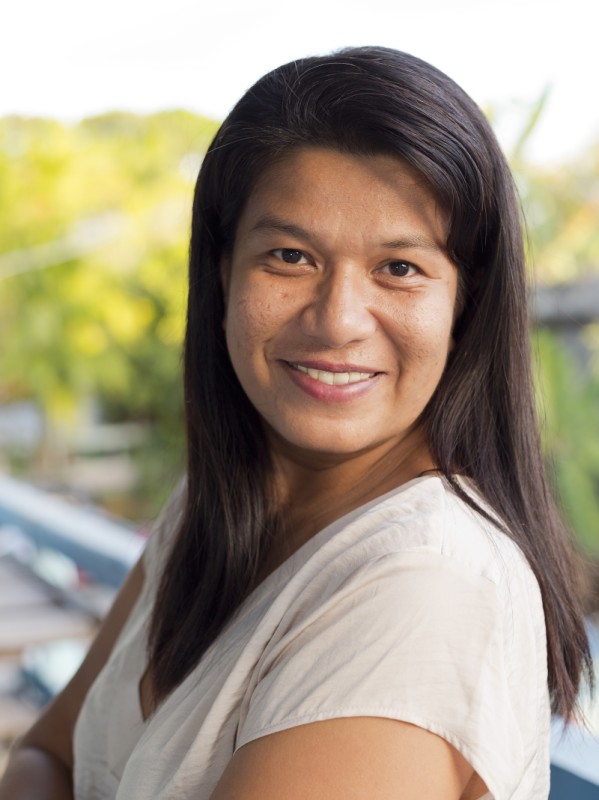The Western and Central Pacific Fisheries Commission (WCPFC) annual meeting ended on Tuesday, 15 December, and while the members were lauded for agreeing to a rollover of its vital tropical tuna measure, the commission failed to address the human rights and labor issues regarding observer and and crew safety the tuna-fishing sector.
Before its meeting, the WCPFC was lobbied by U.K. NGO Human Rights at Sea to adopt a CMM to address observer-related issues that include a lack of transparency in reporting of fisheries observer-related safety incidents, lack of availability of comprehensive employment contracts, and the need for the fisheries observers to access professional insurance provisions, among other recommendations.
The WCPFC was also presented with an informational paper recommending the commission consider a proposed conservation and management measure (CMM) on labor standards for crew on fishing vessels. Papua New Guinea and other Pacific Island states supported the resolution, but it was not formally considered by the WCPFC before it adjourned.
The paper, “Labour Conditions and Social Responsibility in the Pacific Tuna Industry,” was completed on behalf of the nonprofit On-board Social Accountability (OSA). It was sponsored by WWF and completed by Bianca Haas, a WWF intern and doctoral student at the University of Tasmania’s Institute for Marine and Antarctic Studies. OSA is currently working with Papua New Guinea’s Fishing Industry Association (FIA) and conducted its first social and labor standards assessment of association member Frabelle Fishing Corporation.
The paper highlighted human rights and labor conditions in the Pacific tuna fleet and offered recommendations on how the WCPFC can improve social accountability in the fleet. Specifically, the paper calls for the commission to adopt a binding CMM on crew welfare and labor conditions on vessels operating in the WCPFC convention area.
Marcelo Hidalgo, one of the paper’s authors and OSA co-founder, as well as an FIA consultant, said Papua New Guinea’s Fishing Industry Association (FIA) already follows the OSA’s responsible sourcing policy model on crew safety, making it a leader in ensuring fair and safe working conditions in the Pacific fleet. Furthermore, Hidalgo said the FIA is the only organization fishing in the Pacific that is currently placing observers on board vessels, in spite of the WCPFC’s decision to suspend 100 percent observer coverage due to the complications caused by COVID-19.
“The FIA [responsible sourcing policy] does not want to reinvent the wheel when it comes to labor on-board and social labor standards,” Hidalgo said in a press release. “FIA RSP seeks to harmonize with all current standards, guidelines, and regulations to ensure that FIA tuna fleet members comply with them.”
A second CMM model was also presented at the WCPFC meeting; The Indonesia-led CMM calls for a safe and secure working environment for crew, including decent working and living conditions on board fishing vessels, access to ample freshwater and food, operational safety protection and medical care, and acceptable standards of sanitary hygiene provided by the vessel operator or owner.
But according to WWF Western and Central Pacific Tuna Program Manager Bubba Cook, WCPFC took no action as there was a reluctance by some members to address issues of social standards and human rights.
“We were pleased that, despite the challenges posed by COVID-19, some level of management has been maintained,” he said. “However, we remain very discouraged that some members remain reluctant to address the serious human rights and labor issues that have come to light, particularly with the death of yet another observer this year.”
Photo courtesy of Fishing Industry Association







